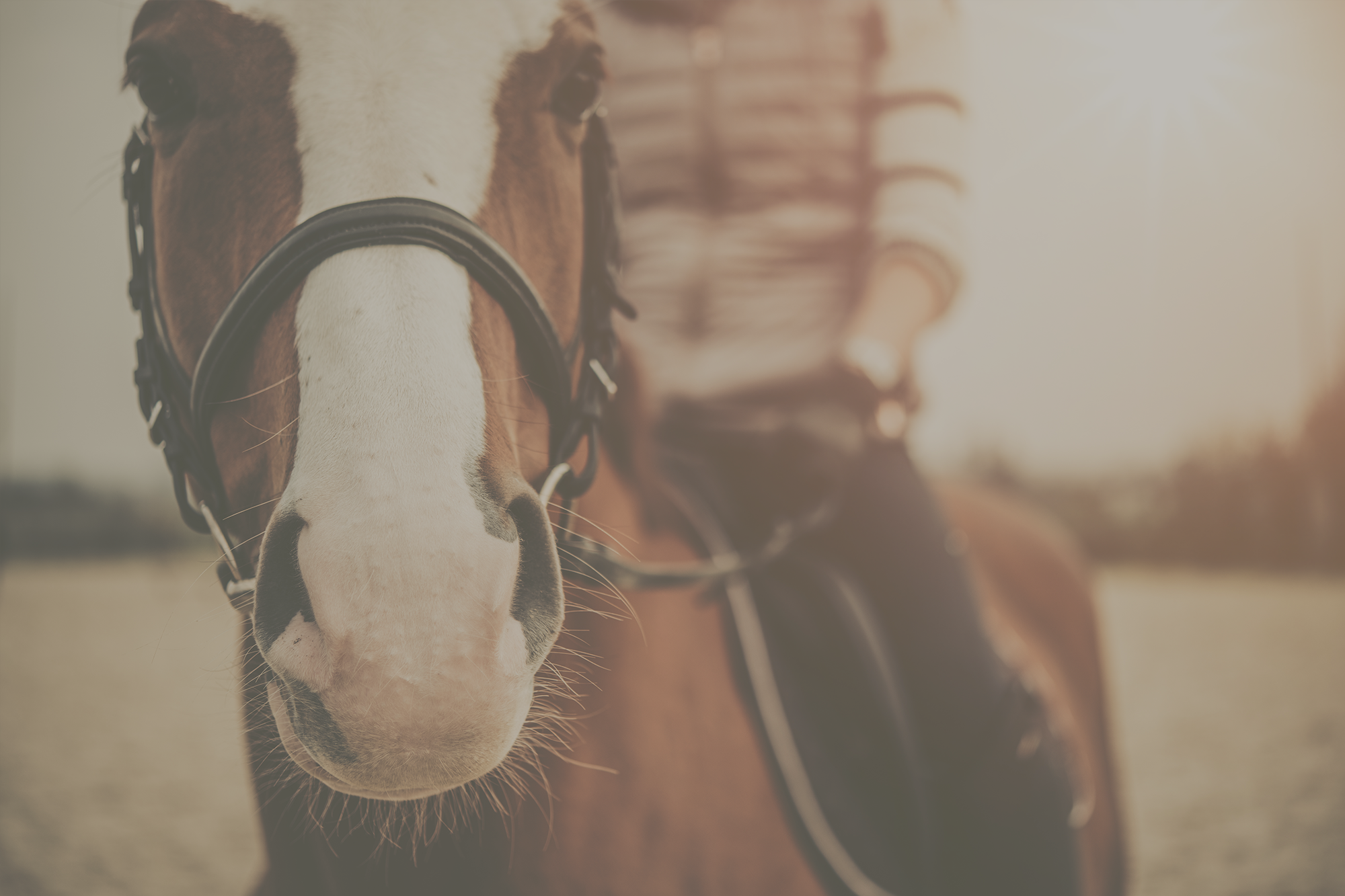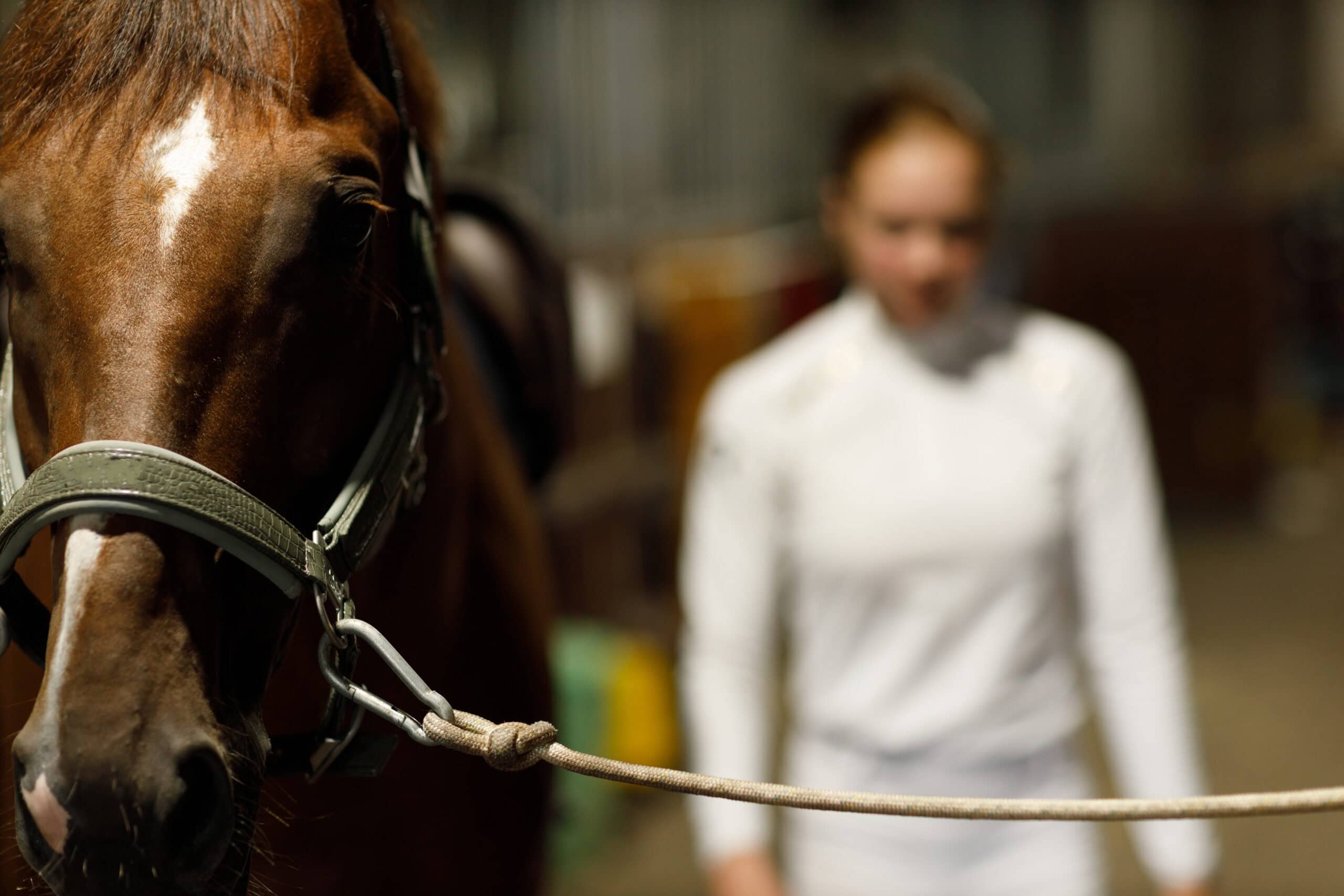Horse Trailer Ride Shares
Before sharing a horse trailer ride with a friend, consider these tips to protect yourself and your horse and help your trip go smoothly.


By Rachel Kosmal McCart
Review Towing Vehicle, Trailer, and Horse Insurance Coverages
Consider a Horse Hauling Liability Release
Asking a friend to sign a legal document to release you from liability for hauling a horse might seem awkward, but it won’t be nearly as awkward as defending a lawsuit. Liability releases serve two very important functions:
- They discourage people from suing in the first place;
- But if they sue anyway, a good liability release can help prevent them from winning.
Contrary to popular belief, well-drafted liability releases and waivers are enforceable, even in plaintiff-friendly states like California. Look for a liability release written by an equine attorney and drafted specifically for trailer ride-sharing, such as Equine Legal Solutions’ Equine Hauling Liability Release.
A thorough horse-hauling liability release should hold the hauler harmless for injury to or death of horses and people. It should also specify that if the horse owner’s horse causes damage to the truck or trailer, the horse owner will pay for it.
Check Interstate and International Equine (and Human) Travel Requirements
Avoid Common Mistakes When Hauling Horses
Before agreeing to haul together, make sure you and your ride-share partners are in sync on important issues regarding how to safely haul horses, such as:
- Can the tow vehicle safely and comfortably haul the fully loaded trailer over the planned route? Ensure the tow vehicle, its brakes, and all components of its hitch are rated to pull the combined weight of the trailer, gear, and horses.
- Create a plan for what to do in an emergency when hauling horses. Is there a well-stocked first aid kit in the tow vehicle with supplies for horses and people? How about an auto emergency kit with flares, jumper cables, and other essentials? If not, you can purchase ready-made kits or assemble them yourself.
- Well before the trip, check to make sure the trailer light/brake hookup is compatible with the tow vehicle and the trailer brakes and all the lights are working properly. You might need to obtain an adapter or install a different brake controller on the tow vehicle.
- Do any of the horses have trailering issues, such as scrambling or loading/unloading problems? If so, develop a plan to make sure these horses don’t injure themselves or others.
- Will all the horses, people, and gear fit securely and comfortably into the trailer and tow vehicle? Coordinate in advance with your ride-share partners to make sure there’s room for everything you want to bring. Some items, such as wheelbarrows, hoses, and coolers, can be shared, freeing up space for hay and other bulky items. To help your trip get off to a positive start, allow ample time for loading and organizing the trailer as well as last-minute bathroom visits.
- Ensure you have a spare tire for both the truck and trailer and a tire iron that will fit the lugs on both. Check the tire pressure in the truck and trailer tires before setting out. In the event of a flat trailer tire, you might find a drive-on trailer ramp product such as Jiffy Jack invaluable.
- Are you towing in hot weather? Make sure you have plenty of water (and buckets!) aboard, and plan regular stops to water the horses and give them rest breaks. Also, check that all trailer windows have well-fitted screens to prevent horses from sticking their heads out and road debris from coming in.
- Finally, even the best-behaved horse can panic and pull back, so have an extra halter and lead rope on board for each horse.
Share this article

Written by: Rachel Kosmal McCart
Rachel Kosmal McCart is a lifelong horsewoman and the founder of Equine Legal Solutions, PC, an equine law firm based in the Portland, Oregon area. Rachel is a member of the New York, California, Oregon and Washington State bars and is admitted to practice before the U.S. District Court for the District of Oregon and the U.S. District Court for the Central District of California. Rachel currently competes in three-day eventing.








